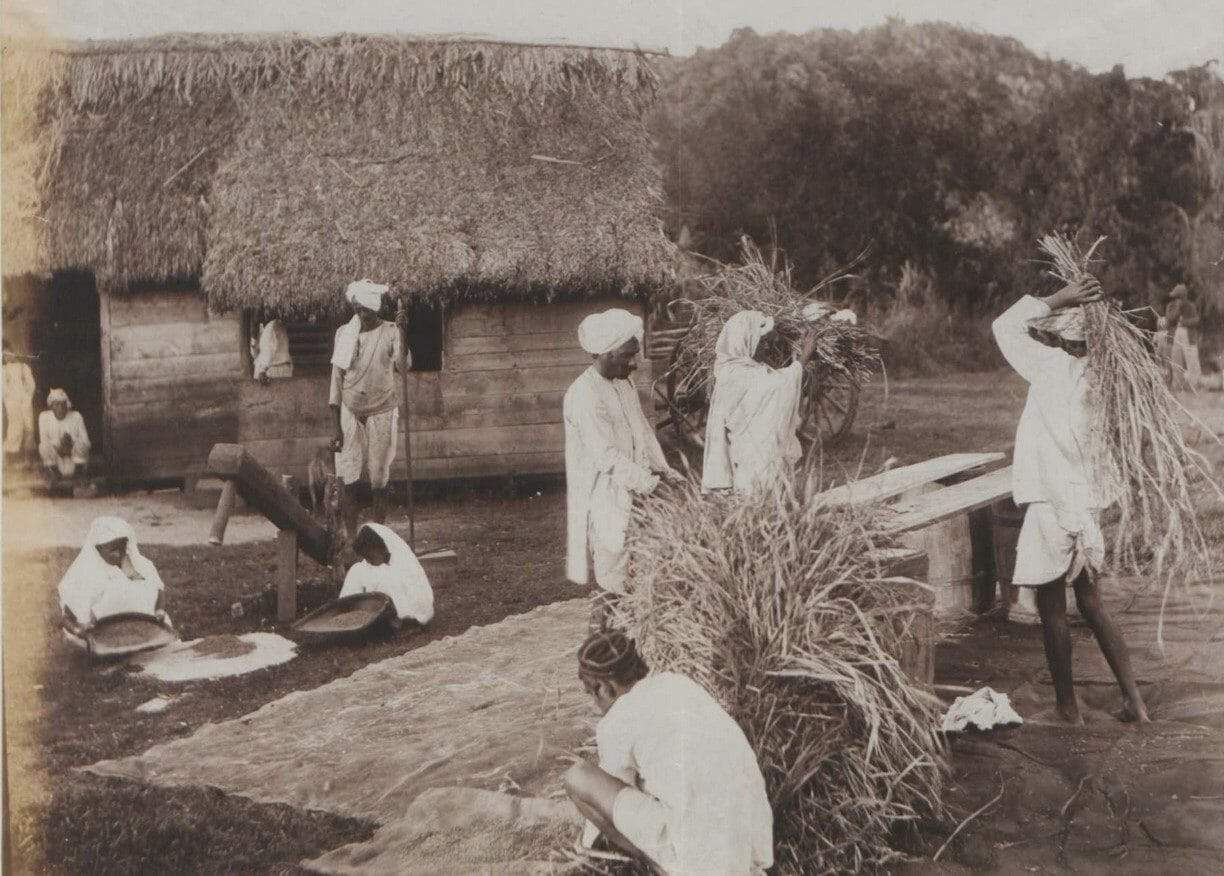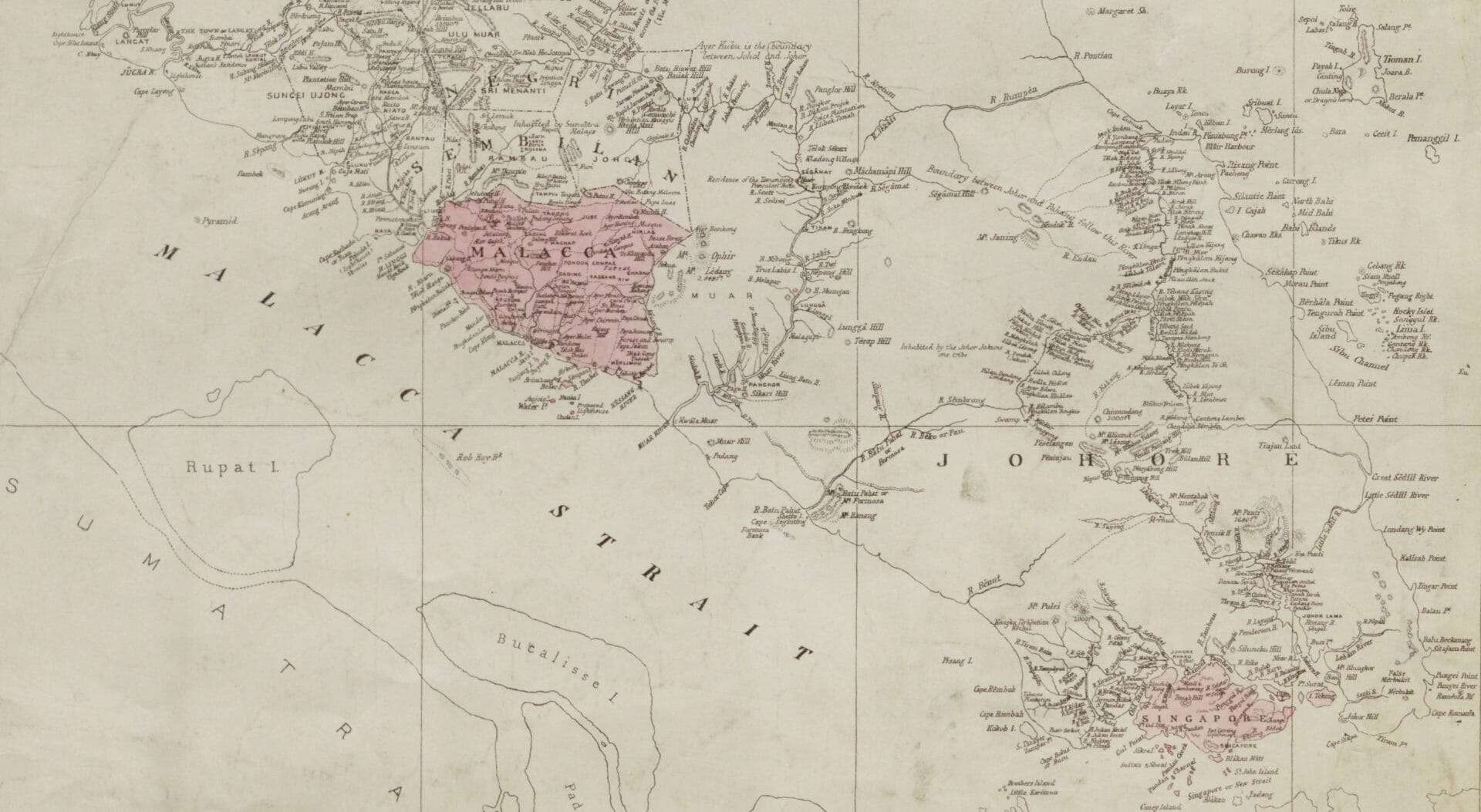│By Dr Lucy Dow, Gale Content Researcher│
On May 30, 1845 the first ship carrying indentured Indian immigrants arrived on the Caribbean island of Trinidad from Kolkata (Calcutta). This day is now commemorated in Trinidad as “Indian Arrival Day”. In this article I will use Gale Primary Sources to explore the history of Indian indenture and the South Asian community in the Caribbean, and elsewhere. In doing so, I will highlight how Gale Primary Sources can be used to better understand the role of the British Empire in moving people around the globe in the nineteenth and twentieth centuries and the inter-connectedness of anti-colonial movements across the British Empire.



